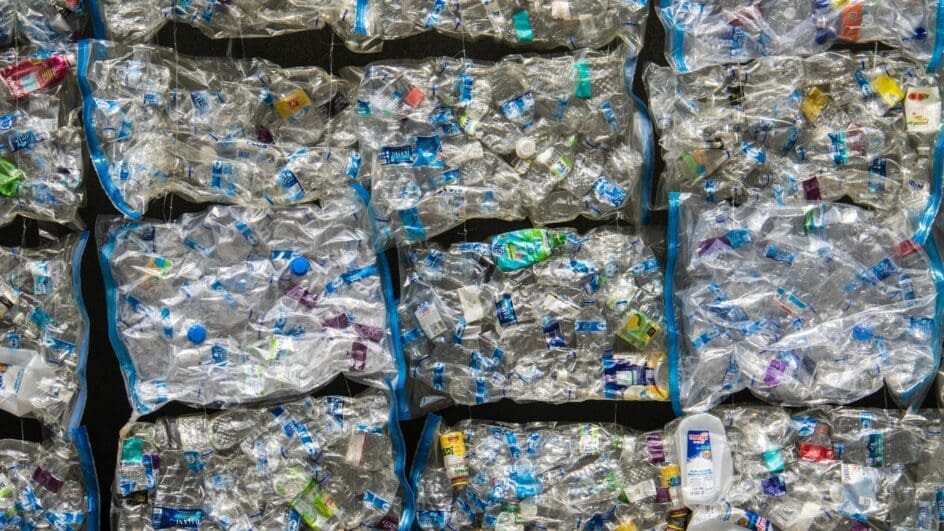
Published on the 28th of February, the Beyond An Age of Waste report warns that as populations and economies grow, particularly in Central and South Asia and Sub-Saharan Africa, waste generation is outpacing our capacity to manage it. The report outlined an urgent need to develop strategies to “decouple economic growth from resource consumption and waste generation”. Global estimates indicate that annually, almost 2.1 billion tonnes of municipal waste is generated. If packed into standard shipping containers and placed end-to-end, this waste would wrap around the Earth’s equator 25 times, or further than traveling to the moon and back.
Inger Andersen, UNEP’s executive director said: “Waste generation is intrinsically tied to GDP, and many fast-growing economies are struggling under the burden of rapid waste growth. By identifying actionable steps to a more resourceful future and emphasising the pivotal role of decision-makers in the public and private sectors to move towards zero waste, this Global Waste Management Outlook can support governments seeking to prevent missed opportunities to create more sustainable societies and to secure a liveable planet for future generations”.
According to the report, to bring waste levels under control by 2050 by means of implementing waste prevention and management measures could amount to net annual costs to $270.2 billion (£213 billion). Forecasts indicate though, that embracing a circular economy model which involves the separation of waste generation from economic growth through the adoption of waste avoidance, sustainable business practices, and comprehensive waste management, has the potential to result in a net gain of $108.5 billion per year.
Carlos Silva Filho, the International Solid Waste Association (ISWA) President said: “The Global Waste Management Outlook (GWMO) 2024 is a guide and call for action to catalyse collective efforts to support bold and transformative solutions, revert the adverse impacts of current waste management practices, and provide clear benefits to every individual living on this planet. These actions are instrumental to accelerating the achievement of the 2030 Agenda. As a partner and supporter of the GWMO since its inception, ISWA will ensure it is now disseminated and implemented on the ground by providing the support needed to address the challenges currently observed.”
The report highlighted that collaboration between institutional donors, non-governmental organisations, national and municipal governments, the private sector and informal economy workers is key to manage waste effectively. According to UNEP, the waste problem requires active participation and investment from the private sector, emphasising the role of product designers and manufacturers in influencing waste generation.
Plastic in horticulture
Unfortunately, plastic continues to play a crucial role in horticulture. Plastic pots and containers are needed to grow and ship plants from production nurseries to retailers and their final destination. Garden chemicals are contained in plastic to ensure they are safe and shatter-proof to prevent pollution. Growing media is packaged in plastic, gardening equipment often contains plastic elements and so forth…
Estimates indicate, that the combined weight of plastic plant pots & containers, growing media bags and garden chemical bottles is around 30,000 tonnes a year. The taupe pot introduced in 2018 was major step towards greater circularity as it’s fully recyclable as opposed to its more widely used black plastic cousin – however, only around 10% of local authorities accept plant pots for recycling.
Unlike uses of plastic that affect the whole economy such as plastic carrier bags, these types of use are uniquely horticultural. The onus is therefore on us, as an industry, to ensure that plastic is used responsibly and feeds effectively into a circular economy.

